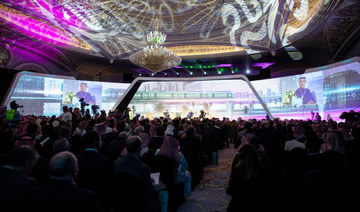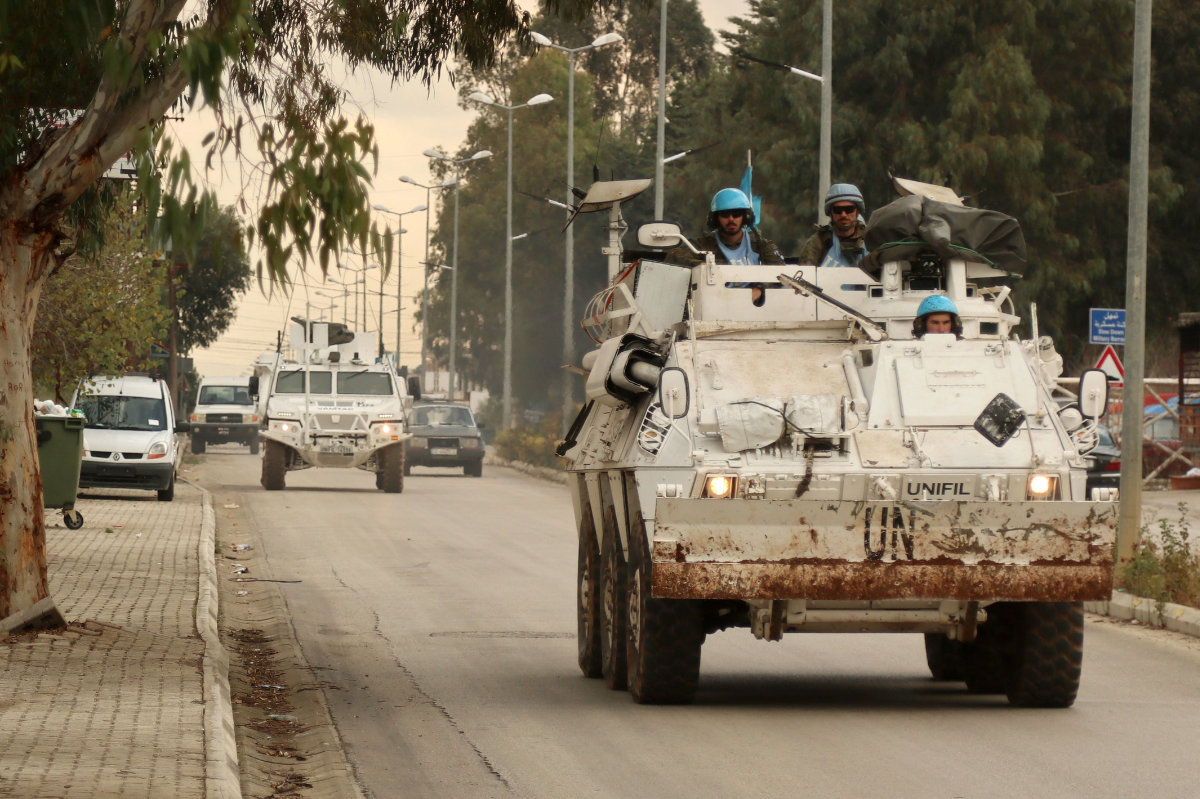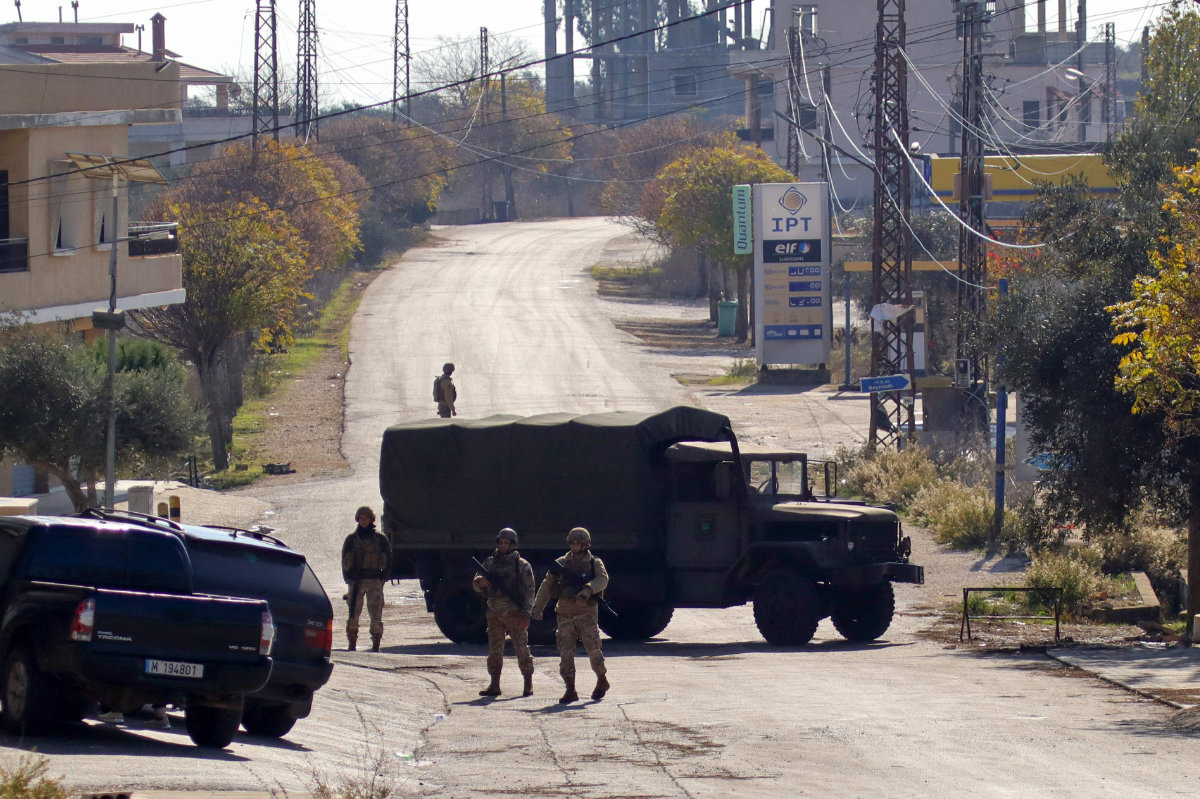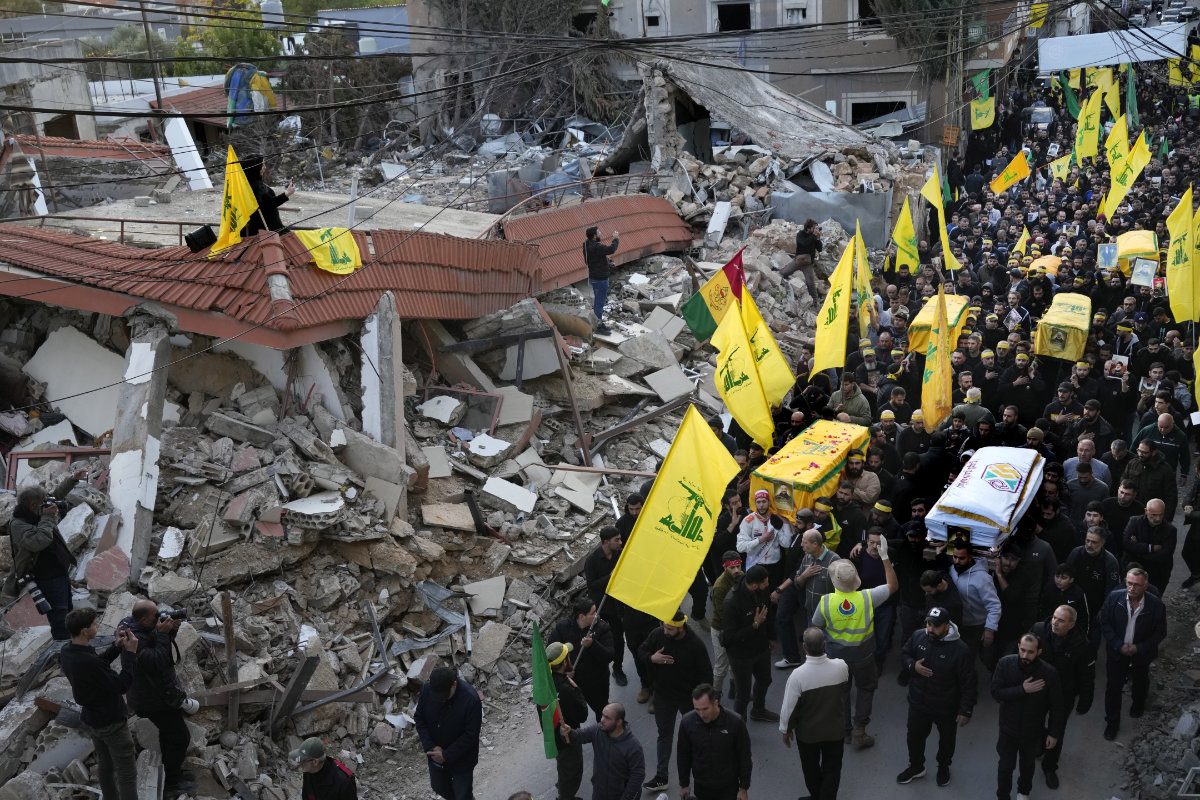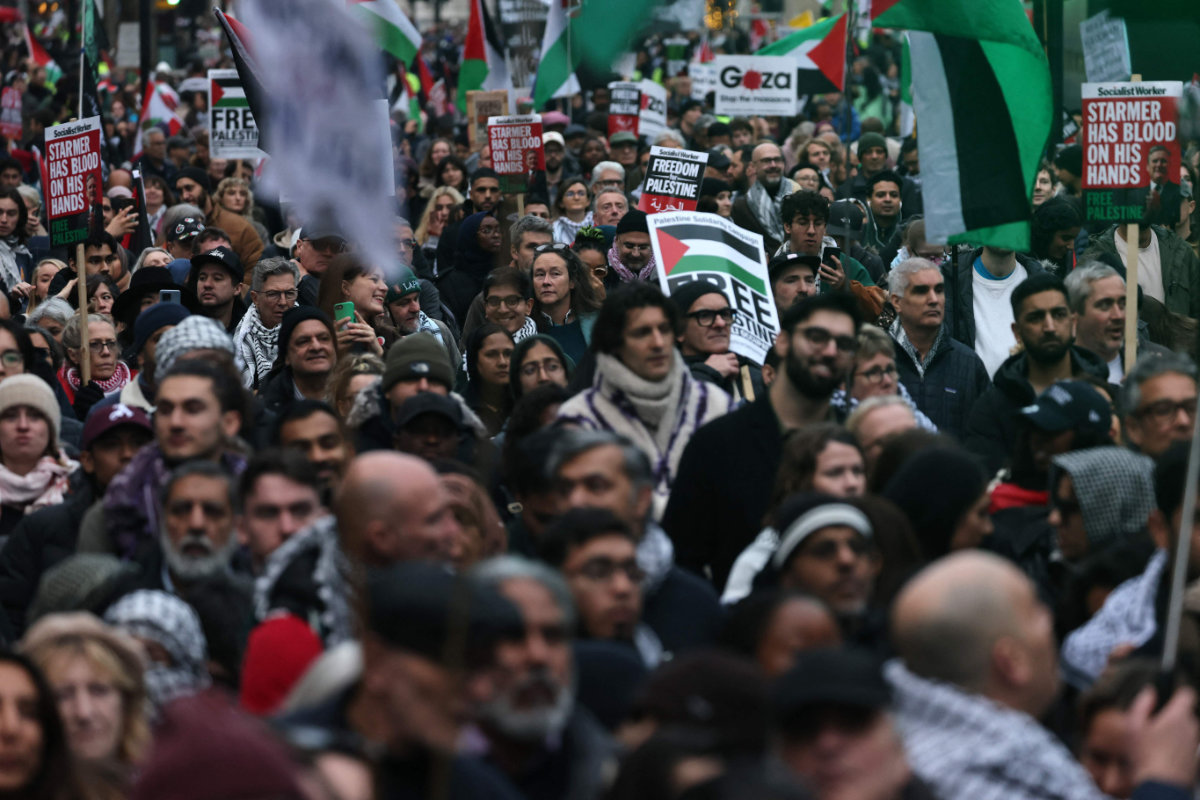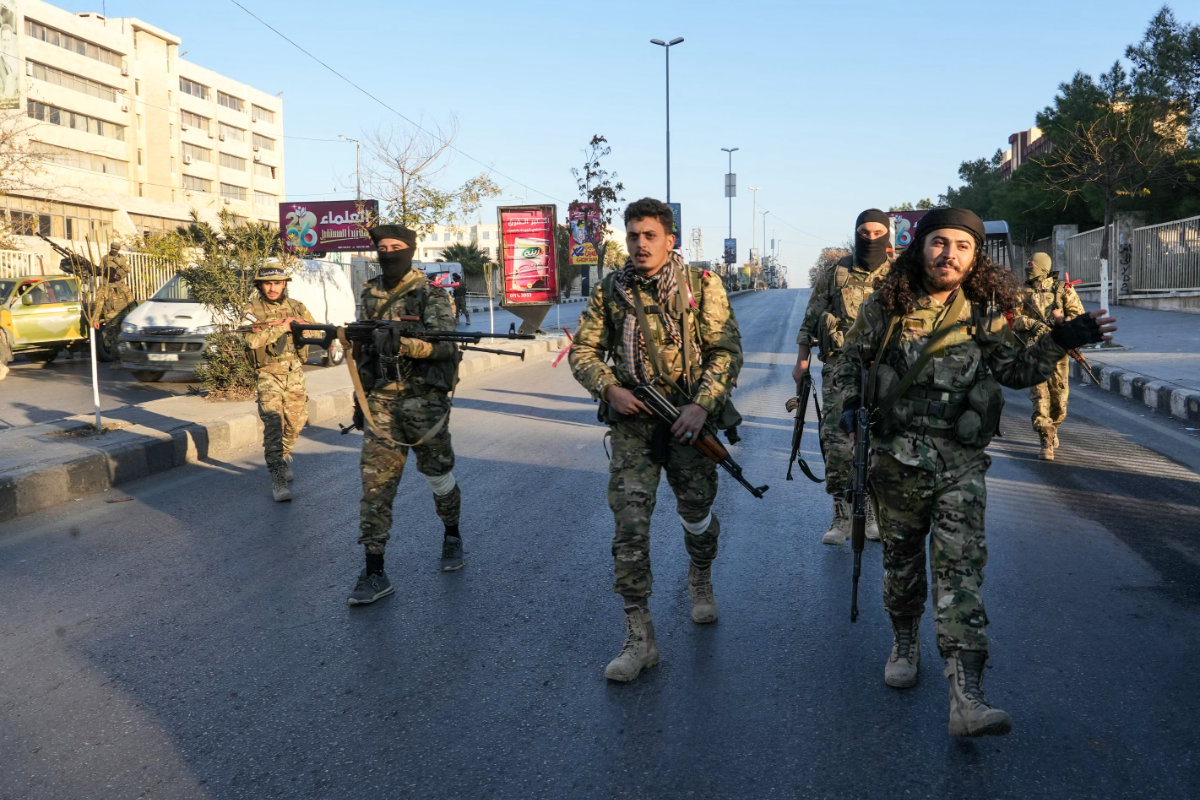DUBAI: Saudi Arabia and the UAE are leading the way in the field of smart mobility in the Middle East, according to a new study.
The report, “Smart Mobility in the GCC: Fast Track to the Future,” was released by Strategy& (Middle East), part of the PricewaterhouseCoopers (PwC) network, at a time when Gulf Cooperation Council states are gearing up to make their smart city projects a success.
According to the report, smart-mobility offerings using innovative digital technologies can create an open and connected transportation network in the GCC that can move people and freight more efficiently and sustainably than in the past.
Mark Haddad, a principal with Strategy& (Middle East), said Saudi Arabia’s biggest cities are facing the usual problems associated with urbanization, notably increased demand for transport services, frequent traffic jams and negative environmental impacts.
To overcome the challenges, the Kingdom is opting for innovative ways to manage its day-to-day transport services and cater for the needs of citizens, using state-of-the-art smart mobility technologies.
Riyadh has invested in a multimillion-dollar, artificial intelligence (AI)-based adaptive signaling project, which has had a significant impact on day-to-day traffic management.
For their part, the Neom megacity authorities recently announced plans to develop the world’s most user-centric, environmentally friendly and technologically advanced land mobility ecosystem.
“Neom will also prioritize active, autonomous, electric, shared and smart mobility options, putting the Kingdom at the heart of the smart-mobility revolution,” Haddad told Arab News.

All across the Gulf region, smart cities, and the way they handle the movement of thir populations, are becoming central to the future of the area. (Shutterstock)
Even as it makes “massive investments in traditional transport infrastructure, Saudi Arabia is increasingly realizing the need to invest in smarter transport networks and mobility solutions,” he said.
“Such solutions have proved to be more cost-effective — for example, adaptive signaling, AI-based traffic management and predictive maintenance though IoT (the Internet of Things),” he added.
“The net outcome will be an overall improved customer experience, such as through integrated single-user interface for planning and booking multi-modal journeys.”
Haddad describes the smart-mobility ecosystem in the Kingdom as evolving at a rapid pace. Investments are increasingly focused on optimizing the use of the existing road infrastructure through smarter traffic-management systems; upgrading public transport services; and most importantly, exploring new modes of transport.
As evidence of the evolution, Haddad cites the Kingdom’s interest in the most popular emerging mass-transit technology: The hyperloop.
“The Kingdom has already engaged in strategic partnerships with hyperloop technology players,” he said, pointing to Virgin Hyperloop’s strategic partnership with the Economic Cities Authority of Saudi Arabia.
The partnership aims to study and build the longest test and certification hyperloop track (35 km), in addition to a research and development center and a hyperloop manufacturing facility.
The goal, Haddad said, is to position Saudi Arabia as a thought leader in the “future of mobility” in the GCC.
FASTFACTS
- Riyadh has invested in an AI-based adaptive signaling project to streamline day-to-day traffic management.
- Neom plans to develop the world’s most user-centric, eco-friendly and technologically advanced land mobility ecosystem.
The report says applying smart mobility on a wider scale across the GCC will lead to broader benefits in several areas.
These include safer roads with vehicle automation, and better safety technology that can reduce the number of traffic accidents, leading to fewer roadway fatalities and injuries.
Less traffic congestion is another advantage, as smart mobility can move vehicles and people more efficiently over existing roadway networks.
“It can also provide people with alternative options such as shared rides, scooters, bicycles or mass transit, leading to reduced travel times,” the report said.
A cleaner environment is another potential spinoff due to a reduction in hazardous environmental effects of the transportation sector, thanks to smart mobility’s ability to provide travelers and transportation system operators with more environmentally friendly options.
As a bonus, the report foresees a more effective workforce, as reinventing mobility will have an important effect on labor, with some households able to move closer to urban areas and dispose of private vehicles, increasing their employment prospects and options.
“Others that choose to move farther away from urban centers can do so as travel times decrease and autonomous vehicles and other transit options allow commuters to be productive while traveling,” the report said.
Among other things, the report highlights Dubai’s smart-vehicles strategy for converting 25 percent of total journeys to various types of driverless options by 2030.
Currently, Abu Dhabi’s environmentally friendly Masdar City has a self-driving shuttle service and partnerships with several e-scooter providers.

Smart technology is seen as essential in transforming Saudi Arabia’s public transport sector. (AFP)
Other cities in the region are also taking steps and making progress in the field of smart mobility.
Kuwait has deployed an intelligent traffic-control system to manage overcrowded traffic intersections.
In Oman, smart road technology is being used to manage traffic in Muscat, significantly reducing congestion at peak hours across the city.
In the not-too-distant future, the report says, urban transportation will depend on a linked network of autonomous vehicles, some of them electric-powered; shared-mobility solutions; adaptive traffic signals that can sense current conditions and improve traffic flows; micro-mobility options; and airborne taxis.
“These elements will work together to create a faster, more sustainable, and more efficient system,” the report said.
“Vehicles will communicate with each other and with infrastructure, and people will have a much wider range of options for getting around.”
But appropriate governance frameworks and regulations are needed in the GCC to embrace smart mobility, requiring legislative action and the involvement of multiple jurisdictions, the report says.
The rapid pace of technological development means that ministries and city authorities will have to coordinate governance across disciplines and institutions to ensure that new solutions and business models are fair, accessible, equitable and sustainable.
GCC authorities will need to learn to manage a fast-moving set of technologies, solutions and providers, according to the report.
To this end, it has outlined a three-step approach that includes establishing a holistic policy and conducting a thorough assessment to identify the most urgent problems; developing an institutional and regulatory framework; and collaborating through partnerships and platforms between the public and private sectors, as well as academic institutions.
“Governments need to craft a flexible, inclusive, and responsive set of regulations to support smart mobility,” said Dr. Ulrich Koegler, a partner with Strategy& (Middle East).
“For instance, many governments will need to revamp the way they license and regulate vehicles to accommodate smart technologies.”
Cybersecurity, data privacy and physical security issues are cited by Koegler as other focal areas, in addition to the legal and liability concerns of current mobility services, and how these might develop or change with increasing integration of new mobility concepts.
“Only this kind of comprehensive approach will provide confidence among the private sector and encourage them to engage in the smart-mobility revolution,” he said.




